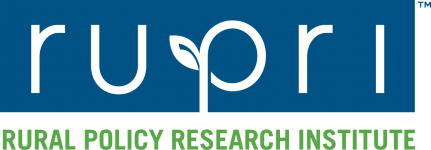The New Conceptual Framework for Rural Cultural Wealth describes a conceptual framework within which the arts, culture, and cultural wealth can be understood, measured, and compared. While such a framework can be applied equally well in any geographic context, the focus in this document is on the rural and small city context. Examples and specific issues largely relate to this geographic context.
The framework described in the paper is built on the concept of comprehensive wealth. The comprehensive wealth framework expands to standard indicators of economic performance to include the full array of assets that determine people’s quality of life and societies’ sustainability. Comprehensive wealth includes both private and public investments in financial, physical, human, intellectual, natural, social, political, and cultural capital.
This paper focuses on cultural capital. The framework includes an accounting system for measuring the levels of cultural capital, and a model of the dynamic relationships that propel changes in the levels over time. The framework is preliminary and aspirational. Applied research will test the framework and lead to modifications in view of data availability and empirically tested relationships.
This paper was authored by Tom G. Johnson, PhD and J. Matthew Fannin, PhD
